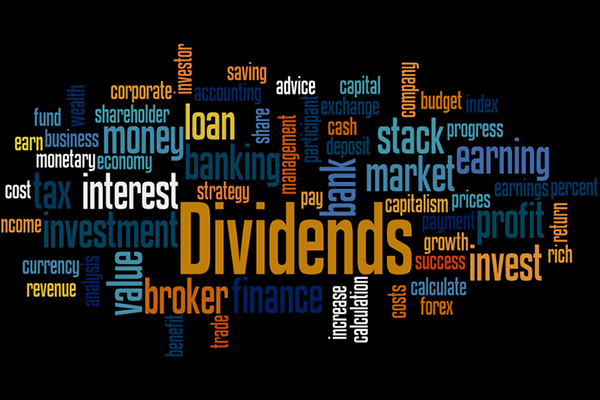Income warning: why dividend drought is set to continue in 2021
We explain why investors should not expect dividends to return to normal levels anytime soon.
8th June 2020 10:36
by Kyle Caldwell from interactive investor
We explain why investors should not expect dividends to return to normal levels anytime soon.

Income investors have been hit in the pocket following scores of businesses across the globe cutting, suspending or cancelling dividend payments to shore up balance sheets in response to the coronavirus pandemic.
In the UK, traditionally an income-friendly market, the cuts have been severe. According to Link Group, which produces a quarterly dividend monitor report, 2020 will see a dividend decline of 51% in the worst-case scenario, while the best case forecasts a 27% fall in dividend payments.
Various companies viewed by the market as income staples have wielded the income axe, including BT, Imperial Brands and Royal Dutch Shell, which cut dividends for the first time since the Second World War.
The dividend drought is not just confined to the UK market. Ian Mortimer, manager of the Guinness Global Equity Income fund, estimates that in the UK and Europe total dividend cuts are in the region of 30% to 40%, while in the US (mainly through reduced share buybacks) income cuts have amounted to around 20%.
The backdrop is challenging, but it would be unwise for income investors to bank on 2021 being a year of recovery for dividends. Instead, it is likely the dividend drought will continue.
One key reason why, Mortimer points out, is because “some companies have paid or cut dividends based on their 2019 profits, so 2021 will be more of a reflection of the impact coronavirus has had.” He adds that European dividends, which are typically paid just once a year, look particularly vulnerable in the case of those companies that paid dividends in the first quarter of this year.
He continues: “It is currently a difficult backdrop for dividends, but next year will be tough as well. We are looking ahead to 2021 and analysing what dividend policies will look like under different scenarios. The economic performance in the second half of 2020 will have a big bearing.”
The same sentiment is echoed by Mike Coop, head of multi-asset portfolio management at Morningstar. Coop argues that the reinstatement of dividend payments will depend on the depth and duration of the coming recession. He says: “Looking at historic recessions, it will take several years before dividends return to normal levels.”
With dividend cuts coming thick and fast over the past couple of funds, both UK equity income and global equity income funds have been negatively impacted.
The Guinness Global Equity Income fund, managed by Mortimer and Matthew Page, had until recently managed to avoid a single dividend cut among the 35 stocks held in the portfolio. At the start of June, a total of 22 firms in the fund had announced dividend increases.
The fund’s dividend ‘clean sheet’, to borrow a football term, was ended when Imperial Brands in mid-May cut its dividend by a third. The tobacco company has a rich history of delivering dividend growth and as a result is widely held among income funds.
Three key attributes Mortimer looks for to assess future dividend sustainability are balance-sheet strength, return on capital and the size of the dividend yield. On the latter, he adds: “The higher the dividend yield, the more likely it will be cut at some point in the future. A warning sign that a dividend cut is coming is a period of underperformance – six to 18 months – as the market moves to anticipate the cut taking place.”
- Here are some key pointers for income investors trying to navigate these difficult dividend waters to keep in mind
This article was originally published in our sister magazine Money Observer, which ceased publication in August 2020.
These articles are provided for information purposes only. Occasionally, an opinion about whether to buy or sell a specific investment may be provided by third parties. The content is not intended to be a personal recommendation to buy or sell any financial instrument or product, or to adopt any investment strategy as it is not provided based on an assessment of your investing knowledge and experience, your financial situation or your investment objectives. The value of your investments, and the income derived from them, may go down as well as up. You may not get back all the money that you invest. The investments referred to in this article may not be suitable for all investors, and if in doubt, an investor should seek advice from a qualified investment adviser.
Full performance can be found on the company or index summary page on the interactive investor website. Simply click on the company's or index name highlighted in the article.